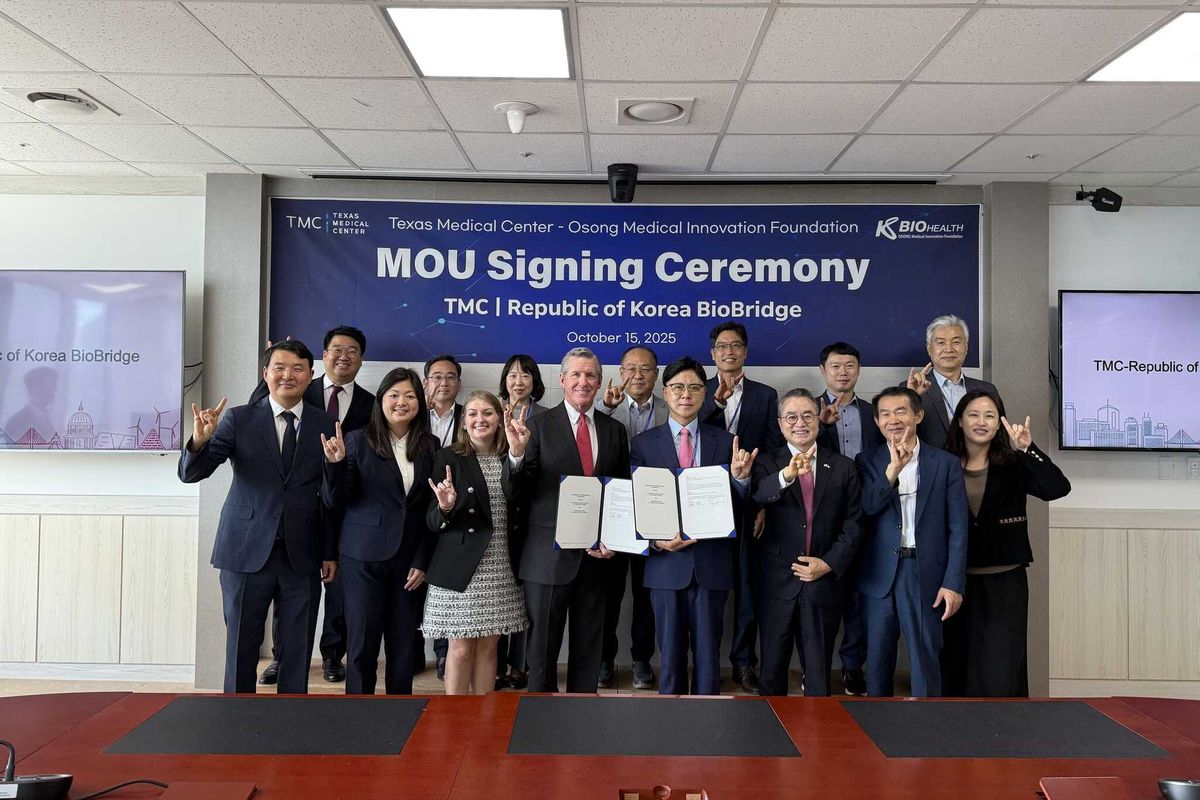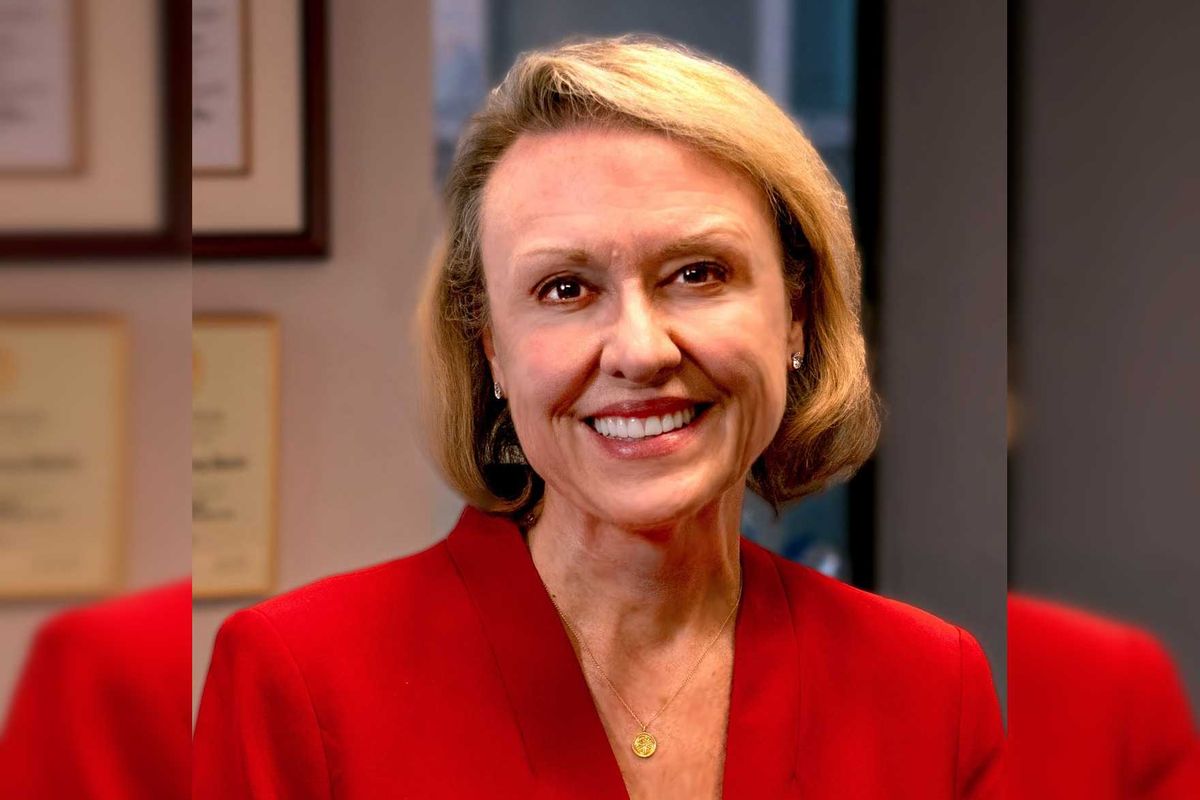$50 million for Houston ibogaine research tops innovation news to know
News to know
Editor's note: The Houston innovation scene is entering 2026 with fresh funding for startups and major grants for innovative health treatments and neurological research. Here are the five most-read InnovationMap stories to start the new year, published Jan. 1-15, 2026:
1. Houston hospitals win $50M grant for ibogaine addiction treatment research

UTHealth Houston and UTMB will lead IMPACT, an initiative working toward ibogaine-based treatments for addiction and neurological issues. Photo via Pexels.
The Texas Health and Human Services Commission has awarded $50 million to UTHealth Houston in collaboration with The University of Texas Medical Branch at Galveston (UTMB Health) to co-lead a multicenter research trial to evaluate the effect of ibogaine, a powerful psychoactive compound, on patients suffering from addiction, traumatic brain injury and other behavioral health conditions. The funding will establish a two-year initiative—known as Ibogaine Medicine for PTSD, Addiction, and Cognitive Trauma (IMPACT)—and a consortium of Texas health institutions focused on clinical trials and working toward potential FDA-approved treatments. Continue reading.
2. Rice scientist earns $600K NSF award to study distractions in digital age

Kirsten Adam, a Rice psychologist, is studying how the brain refocuses in the age of screens, instant gratification and other lingering distractions. Photo via Pexels.
Rice University psychologist Kirsten Adam has received a $600,000 National Science Foundation CAREER Award to research how visual distractions like phone notifications, flashing alerts, crowded screens and busy workspaces can negatively impact focus—and how the brain works to try to regain it. Adam’s work will aim to clarify how the brain refocuses in the age of screens, instant gratification and other lingering distractions. The funding will also be used to train graduate students in advanced cognitive neuroscience methods, expand access to electroencephalography (EEG) and for public data sharing. Continue reading.
3. TMC launches new biotech partnership with Republic of Korea

The Texas Medical Center and KBIOHealth have launched the TMC Republic of Korea BioBridge. Photo via LinkedIn.
Houston's Texas Medical Center has launched its new TMC Republic of Korea BioBridge. The new partnership brings together the TMC with the Osong Medical Innovation Foundation, or KBIOHealth. The Biobridge aims to support the commercialization of Korean biotech and life science startups in the U.S., foster clinical research, and boost collaboration in the public, private and academic sectors. Continue reading.
4. CPRIT CEO: Houston’s $2B in funding is transforming cancer research and prevention

Kristen Doyle, CEO of the Cancer Prevention and Research Institute of Texas (CPRIT). Photo courtesy CPRIT.
With its plethora of prestigious health care organizations like the University of Texas MD Anderson Cancer Center, UTHealth Houston, and the Baylor College of Medicine, Houston sits at the heart of cancer research and prevention in Texas. Of course, it takes piles of cash to support Houston’s status as the state’s hub for cancer research and prevention. Much of that money comes from the Cancer Prevention and Research Institute of Texas (CPRIT). Data supplied by CPRIT shows organizations in Harris County gained $2.3 billion in institute funding from 2009 through 2025, or nearly $145 million per year. That represents almost 60 percent of the roughly $4 billion that CPRIT has granted to Texas institutions over a 16-year period. Continue reading.
5. 14 Houston startups starting 2026 with fresh funding

From groundbreaking energy leaders to growing space startups, here's who secured funding in the last six months of 2025. Photo via Getty Images
Houston startups closed out the last half of 2025 with major funding news. Here are 14 Houston companies—from groundbreaking energy leaders to growing space startups—that secured funding in the last six months of the year, according to reporting by InnovationMap and our sister site EnergyCapitalHTX.com. Continue reading.







